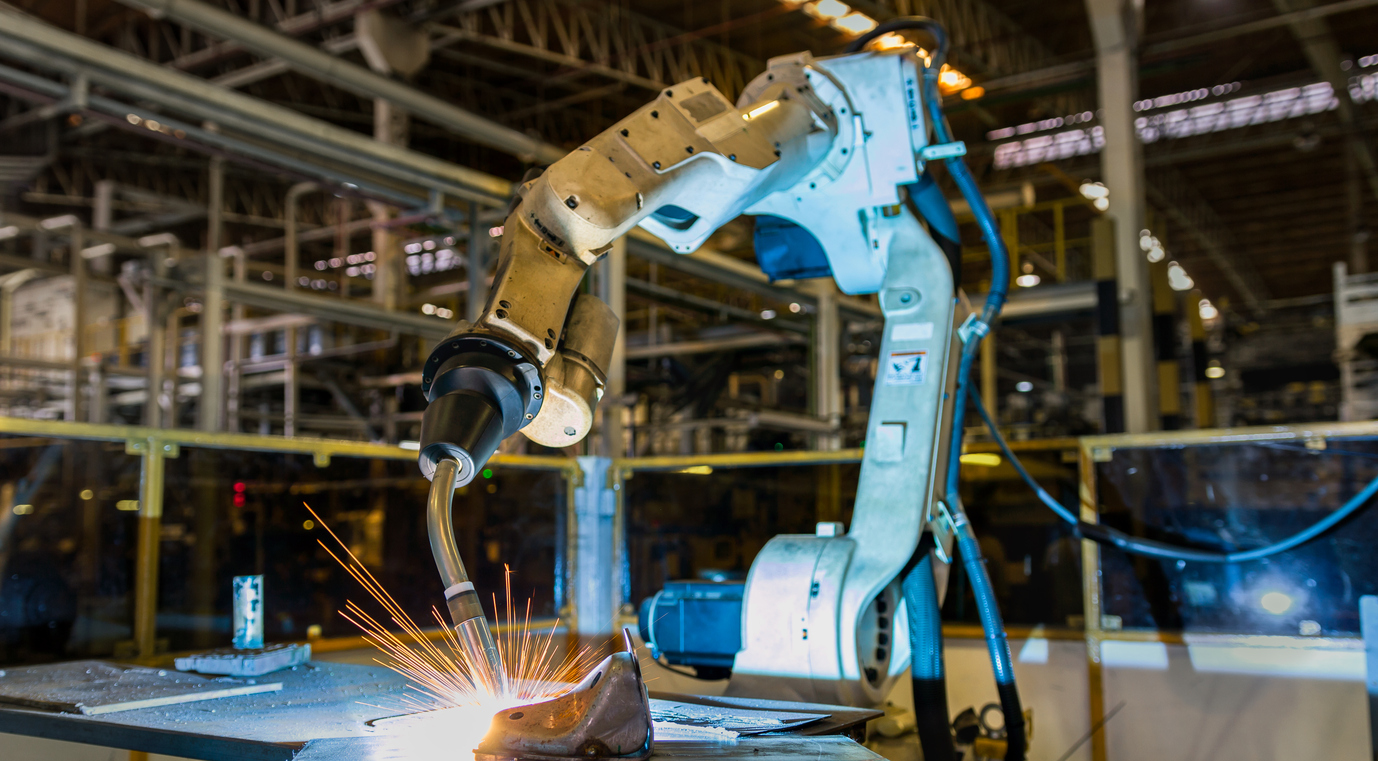2021/10/25
Akebono Brake’s Fraud in Testing Products Revealed – The Whole Supply Chain Needs to Make Efforts to Rebuild the Trust of Japanese Manufacturing

(The original article in Japanese was posted on February 19, 2021)
On February 16, Akebono Brake Industry Co., Ltd. announced that they found the fraud in testing of breaks for automobiles. The fraud had been made at 4 domestic factories in Japan for around 20 years. Approximately 110,000 out of 190,000 cases reported to the finished auto manufacturers were found to be fraud, which accounts for some 60%.
Japanese manufacturers’ quality fraud never ceased. For other cases in recent years, Kobe Steel, Ltd.’s falsifying of data on their aluminum and copper products is fresh in my mind. Even after this scandal, falsification of data, deviation from test requirements, or unconducted examinations was found one after another at many companies such as Nissan Motor Co., Ltd., Subaru Corporation, Ube Industries, Ltd., Showa Denko Materials co., Ltd. (former Hitachi Chemical Co., Ltd.), Suzuki Motor Corporation, KYB Corporation, Toyo Tire Corporation (former Toyo Tire & Rubber Co., Ltd.), Sumitomo Heavy Industries, Ltd., and IHI Corporation, all of which are major companies leading respective industries in Japan. All these frauds had been committed for a long period, and criticisms saying that these problems resulted from a social structure unique to manufacturing of “made in Japan” products may be inevitable.
Although it is becoming a tradition of Japanese industries that the company management apologizes for “enormous inconvenience and concerns that this incident may have causes” after their fault was disclosed and criticized, it appears that the repeated “apology” never become a good example to follow at all. In the Akabono Brake’s press conference held this time, the company said, “There is no problem with the product performance and product recalls will not be required.” The hidden logic that I can see in this comment and many of other companies’ comments for apologies is a self-justification appealing that “there is no problem since the quality functionally needed is secure.” Although excessive quality should not be asked for, it can be said that business dealings unique to Japanese monozukuri (manufacturing/craftsmanship/production) industry as symbolized by “reconciliation,” have been creating the tradition of self-conceit and lack of self-reliance at both suppliers side and users side.
In November 2018, the investigation committee of Showa Denko Materials co., Ltd. (former Hitachi Chemical Co., Ltd.) also mentioned this point. They criticized the act of betrayal of the customers and said, “The fraudulent acts had been made, so to speak, with the attitude of ‘pretending to obey but secretly betraying our customers,’ that is, we ostensibly follow our customers’ requests with the self-conceit that ‘the product performance is more than enough even though the test values are out of the standard’.” Then they continued, referring to their past violation of the Antimonopoly Act, “We did not directly face the requests of or pressure from our customers, and the attitude of easily accommodating them resulted in our employees’ cartels and falsification of test data,”
That being said, they pointed out the problem of the customers, who are often in a superior bargaining position, “We had difficulty with the customers’ attitude that did not fulfill their responsibility for looking out over the whole supply chain.” and concluded, “All the parties constituting the supply chain have to cooperate together to win back the trust of our country’s “monozukuri.” This is exactly right. Japanese manufacturing industry needs to get their act together.
This Week’s Focus, February 19
Takashi Mizukoshi, the President